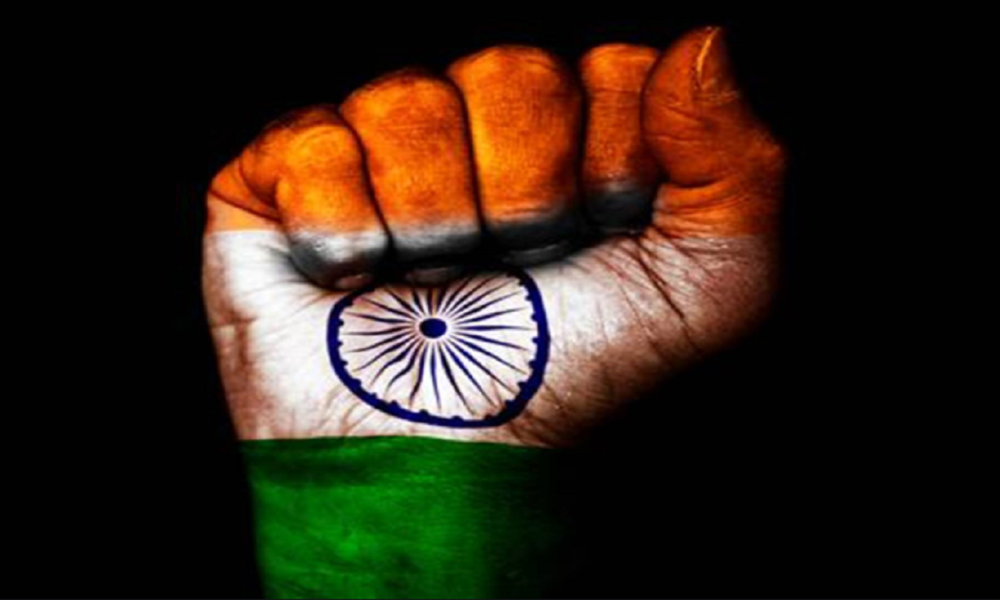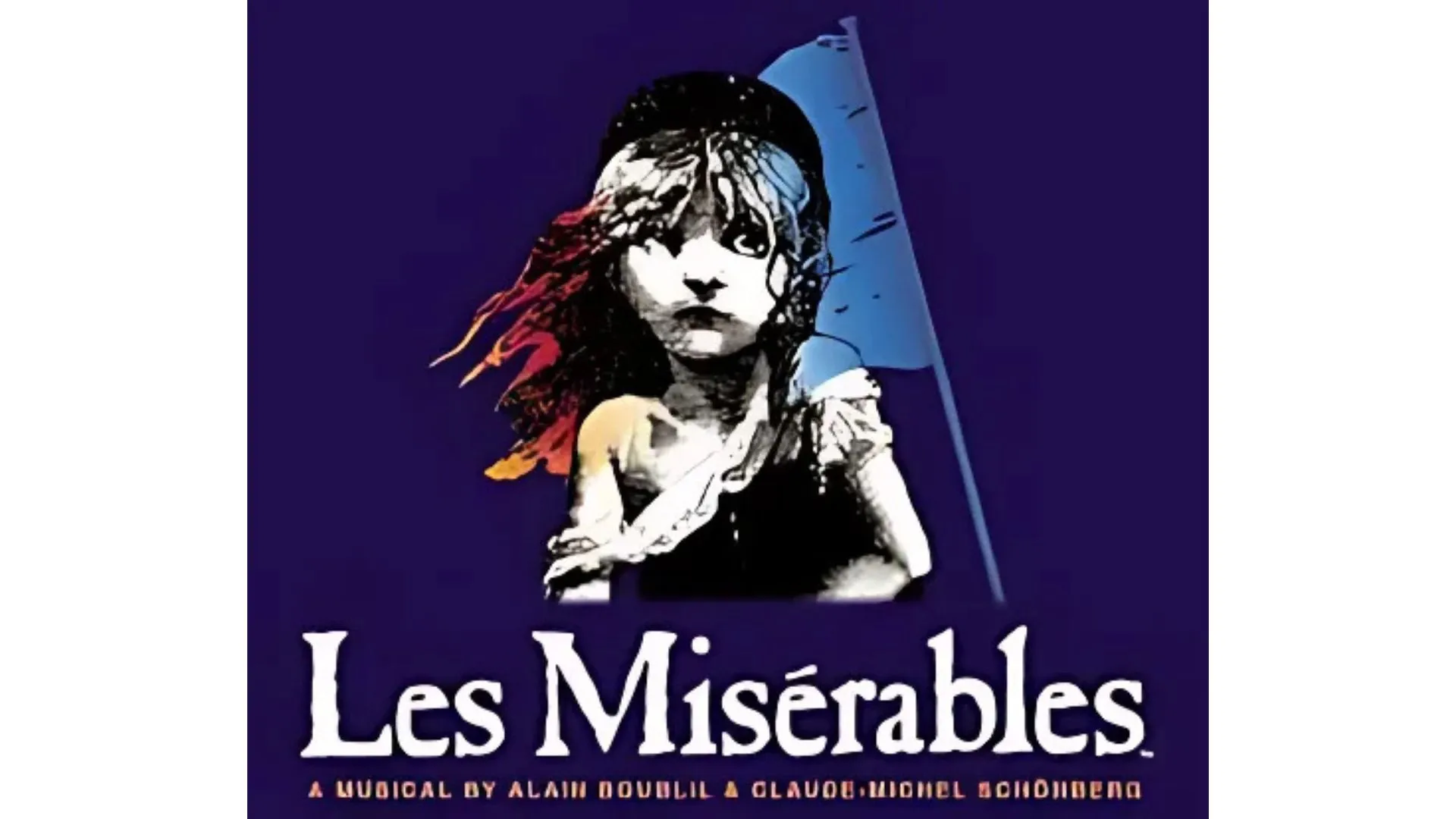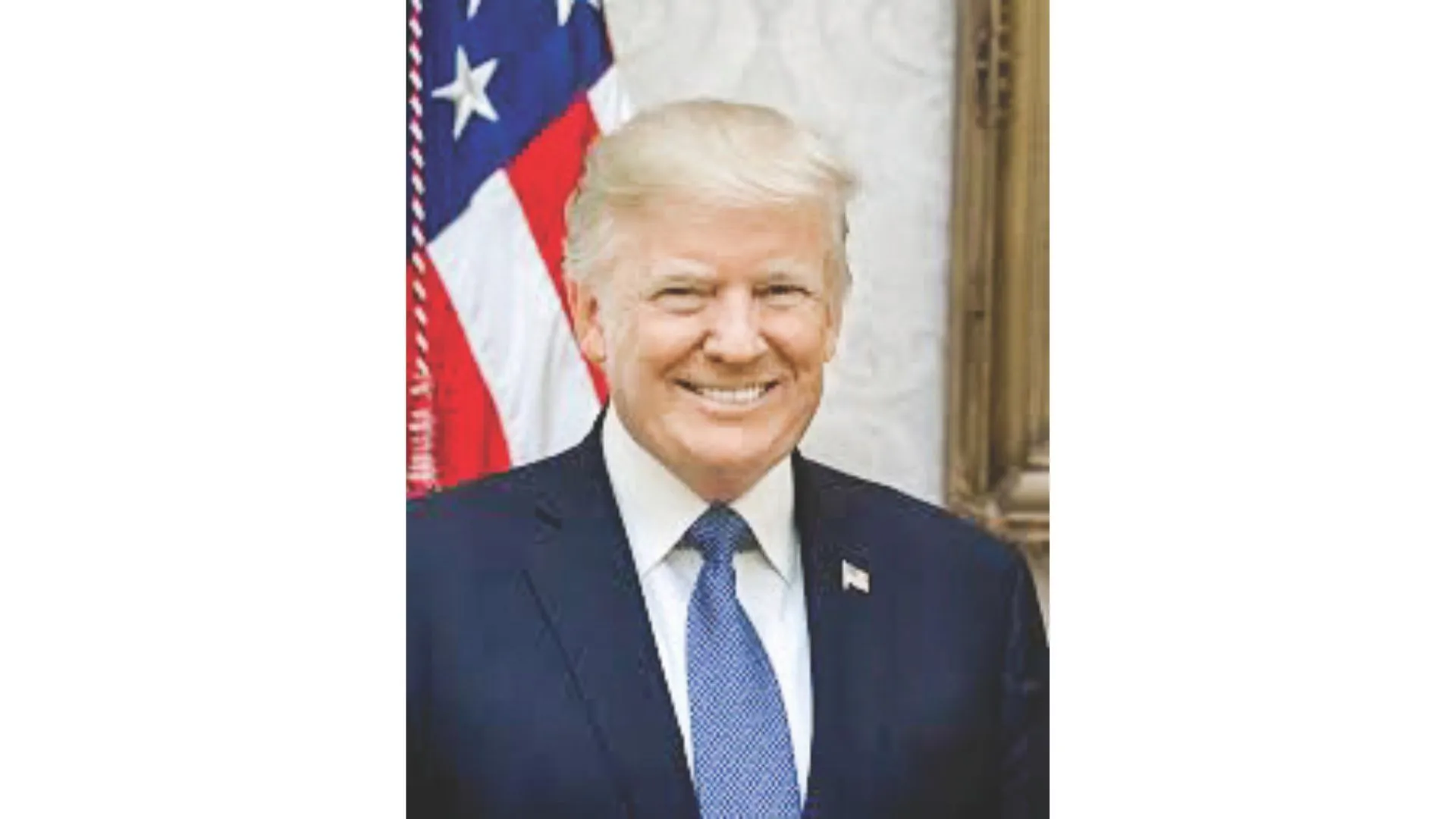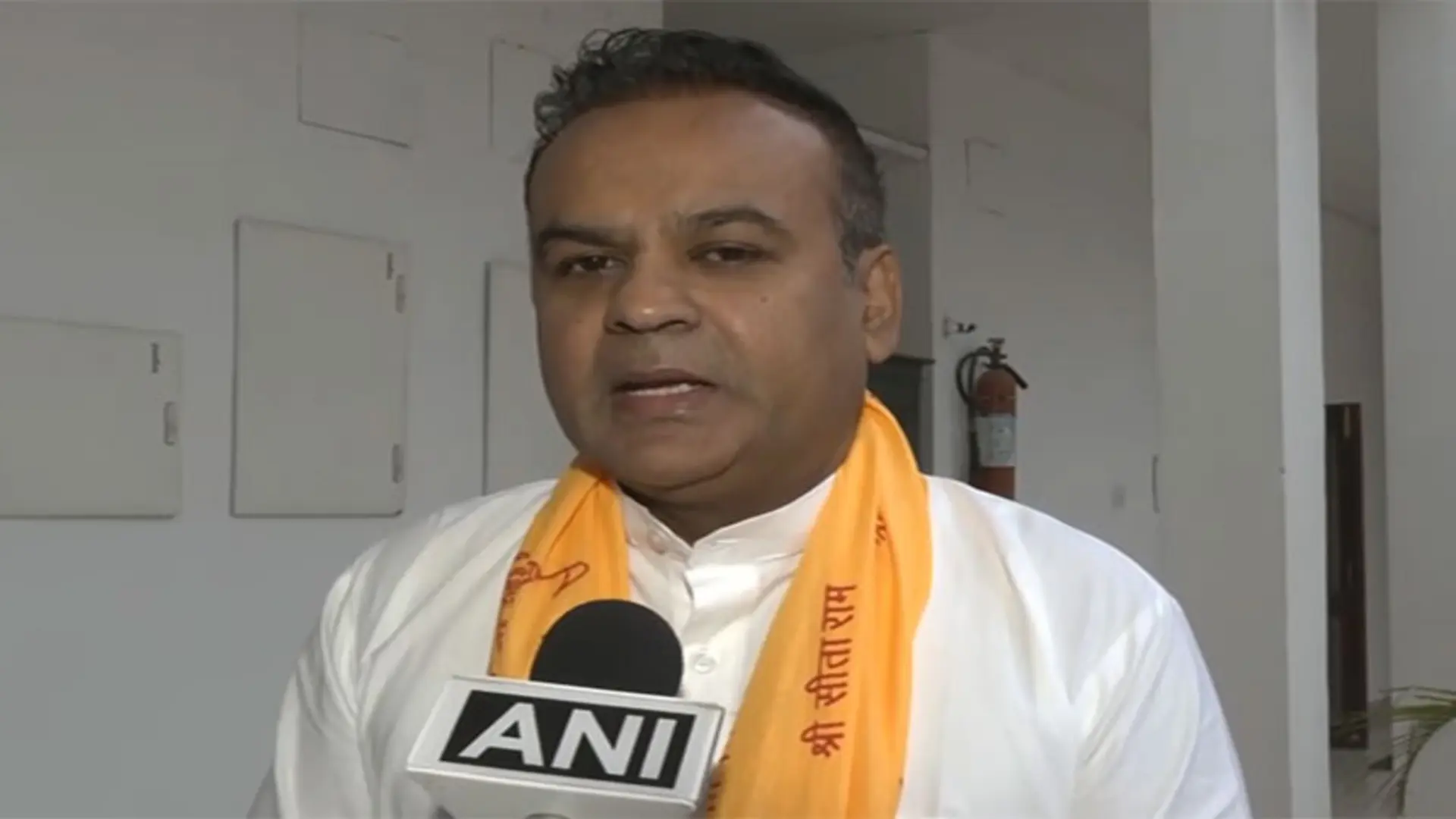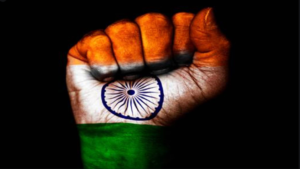Jawaharlal Nehru, by the accounts of both his detractors and his fans, was an Anglophile. He never pretended to be anything else. His Discovery of India is written through the lens of a man who describes himself as an Indian by blood, but observed her as an “alien critic” and “looked at her as a friendly Westerner might have done”. Hence, the discovery! This is not to say that he hated what he saw. On the contrary, he appreciated the beauty of a continuing living tradition even if he struggled to understand the Indian subaltern, observing them with a benevolent amusement, with occasional disgust at their unbridled “idolatry” and “superstition”. But this beautiful tradition had to be replaced with Western model of progress, since that was the only path to progress, in his vision. This explains why he could never truly understand Mahatma Gandhi, his love for the Indian village and the indigenous way of life, as much as he adored the man. Of course this was the 1940s and both men must be understood in the context of their time and place. Desha-kaaladosha, as we say.
However, for all of Nehru’s faults, the one thing he was not was a hypocrite. His struggle to understand this land and her people was real, pursued in all earnestness. His policies were hopelessly colonial but he did truly believe in the European ideals of “free inquiry”, even if he thought that a thorough cleansing of Indians of their “Hindu-ness” was necessary to achieve it. The institutions he setup reflected this vision accordingly by focusing on scientific and technical research and dedicating state resources to make higherlearning easily accessible. Ironically, the restrictions on free speech he imposed too, was in line with his Anglophilia since it reflected the colonial vision that “reasonable restrictions” were necessary to manage the uncouth non-Western people of India until they had truly embraced “modernity”.
Yet, even if an independent Indian state missed the opportunity to set up truly original institutions reflecting Indic civilisational ethos, the Indian academy could have, arguably, still found its way to decoloniality — untangling the production of new, Indian ideas and meaning-making from the European episteme if it had simply followed the path of free-inquiry and open engagement to the extent the Western academy has. At the very least, we could have developed some appreciation for our indigenous ways. But fast forward to 2020, and it’s like we are staring at an Orwellian dystopia.
As the world watches with alacrity the take down of statues of colonising racists across the globe, it is clear that in 2020, the Western academy is waking up to the tyranny of established histories, as written by colonisers, questioning assumptions that were until now, advertised as unquestionable truths. Conversations to appreciate, celebrate and understand the history of the native, indigenous, colonised subaltern through their own lenses, through their own epistemologies, through their own traditional understandings that they have preserved, often orally, in the face of great odds, entirely outside the academy, are finally beginning. In 2020, the global Left is internalising the subtleties of colonisation, its power structures, its inherent racism and questioning its own assumptions and positions of privilege. The Western academy is showing signs of understanding how it, too, has been complicit by heretofore not only appropriating the struggles of the underprivileged but worked to perpetuate existing inequities by gate-keeping “savage” epistemies out. No “history” appears to be beyond questioning, and no legacy too sacred. Wilson is out of Princeton and Columbus is in the river. Juneteenth and Election Day celebrations are being added as paid holidays in universities. Young Americans are finally confronting the glaring hypocrisy of waxing eloquent about freedom and liberty while owning slaves and they are taking a long, hard look at the “truths” they have for so long “held to be self-evident”. The Western academy is listening, helping.
Yet, in 2020, the Indian academy is stuck in a perpetual morass where it is too blind and comfortable in its self-assured positions guaranteed by the “ecosystem” to even wince, let alone question its privilege. Worse still, it appears to have been caught like a deer in front of the headlights, hoping and praying in stunned silence, wishing that this global storm would just pass. Ironically, the Indian academy has failed because it is powered by the Indian Left and its particular pathologies. But, why would the progressives, especially of a sovereign postcolonial nation in the Global South, be scared of taking down colonialism, you ask? Isn’t this what post-colonial studies have built up to for almost half a century, now? (Edward Said’s Orientalism came out 42 years ago.) One might even be fooled by the pretence of anti-coloniality and anti-elitism by the leading lights of the Indian Left in the pages of The New York Times, specially reserved out of all Indian voices, uniquely for them. But the reality of Indian Left is an altogether different story.
The Indian Left, if it can even be called “Left” anymore, has decided that its top priority is not decolonisation of Indian history, social sciences, or education; nor is its exploration of the beauty of native, indigenous cultures, presenting a fresh perspective to the world. Rather, in using the colonial literature, verbatim, it has concerned itself with deconstructing Indian society itself.
In this dystopian universe of the Indian Left, raciallycharged imaginations of erstwhile German nationalists of an all-powerful, allWhite military Aryan race conquering the lands of dark savages, dictate how we must understand present Indian society, despite the fact that the myth has been thoroughly refuted. In this world, British colonialist descriptions of the Raj have indisputable authority on the history of India and the behaviour and beliefs of her peoples, the racial supremacy and bigotry of British towards the largest heathen lands they had ever captured, notwithstanding. In this world, we must not engage with the original texts of Sanskrit language, which White Indologists sitting on their lofty thrones in America and Germany have deemed to be dead, even as millions of Hindus around the world chant it every day and numerous gurukulas teach it every day. In this world, a mass murderer like Tipu Sultan must be understood as a freedom fighter because he engaged in a territorial battle with the British but the revolutionary indigenous king like Raja Suheldev is merely a local chieftain with territorial ambitions.
In this imagination, India didn’t exist before the British generously blessed us with their “civilisation,” and there was no noteworthy culture before Mughals uplifted Indians through their high-culture. So, we must understand both these waves of colonisation in context, but all of present Indian society’s ills can be traced back to imagined invasions of White supremacists in 10,000 BC and therefore, we must hate all their modern products of that imagined invasion. In this dystopian world, it is an absolute sin to highlight Aurangzeb’s bigotry but it is perfectly revolutionary to ask for the death of all Brahmins. In this universe, Prof Vishwa Adluri who critically exposed the racist origins of German Indology is “Hindutva” while a White colonial apologist like William Dalrymple who was recently appalled by the idea that Indians too might finally start learning from #BlackLivesMatter movement and begin questioning “Indian history,” as written by colonialists, is a celebrated scholar.
The list of such “established histories” is endless. To disagree is Hindutva, fascism, bigotry and nationalism. There is no debate, no discussion, only indoctrination. There is only one truth, and any challenge to this one truth is apostasy that must be punished with cancellations and banishments, complete with “Hindutva terrorist” tattooed on the disobedient.
The Indian “Left”, instead of leading the charge of challenging colonial histories and their modern interpretations, has become jealous guardians of the same colonial histories because to question them, is to threaten their empire built on the power of the baton which was passed from the British Raj to the Indian Anglophiles.
So what becomes of progressive, post-colonial and post-modern theories in this dystopian world? Well, they are used creatively so that they don’t shake the foundations of this colonial, elitist system but still give the impression of social justice. How does one do that? By creating issues where none existed using rationale that defies all logic, so that the pretence of fighting for social justice is maintained while also papering over real issues through the ensuing cacophony. For example, feminism is used to attack temples sacred in Kerala and dissenting women labelled as having internalised patriarchy. The rowdyism of the illiterate and uncultured villagers that flock to the roads every year for Kanwariya Yatra is rued for the disruption it creates for urban elites. Subaltern theories are used to attack the very texts that the subaltern has been celebrating for generations through folk music. They look to cure the heathen from their idolatrous religiosity with a heady dose of “rationalism,” because Marx believed that religion is the opium of the masses while also celebrating the liberating force of Christianity, whose beliefs are protected under minority rights. The net effect of this is a relentless war against the “disgusting”, “superstitious”, “non-chic” religiosity of the subaltern. The same war that the colonists have been waging against the indigenous way of life for centuries.
The Hindutva “fascists”, even when in government, can obviously not do anything about this. Since any attempt to question these jealous guardians’ authority is met with the whipping up of a photogenic protest with Bob Dylan songs, and the flimflam solidarity of the global West through their pals at the New York Times and Washington Post comes to the rescue. Thus, they declare victory by fearlessly resisting this “fascism” of uncomfortable questions. Because why would anyone bother with true intellectual inquiry, with a decolonised exploration of India’s past and her legacy when you can both pretend to be revolutionaries and wield the power of the establishment, all at the same time? Why welcome debate when you can escape all scrutiny into the cesspool of their nepotism or corruption? After all, they learned from the best. We learned from the colonial West.
Neha Srivastava, a scholar and a socio-political commentator, is the founder and president of Shaktitva Foundation.

